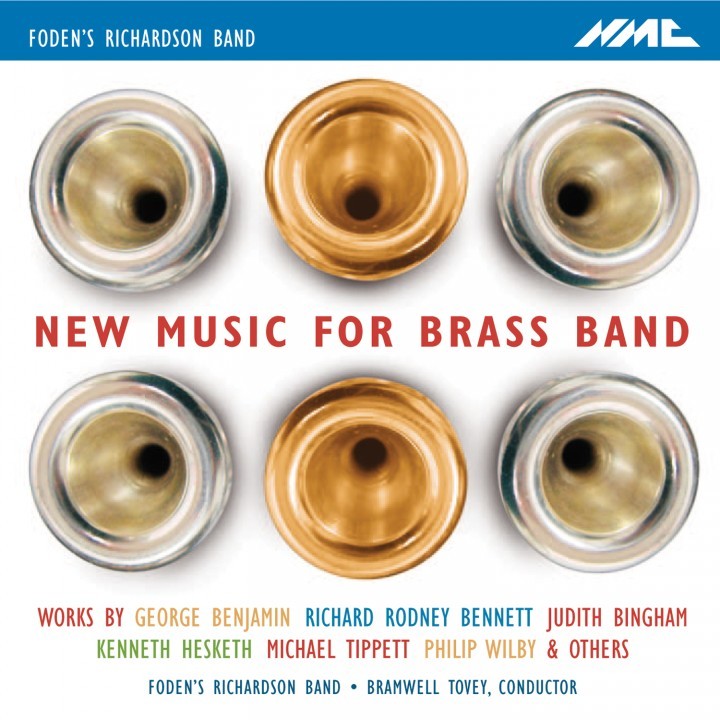Edward Gregson
Edward Gregson is best known for his concertos for various instruments, and for his innovative brass works: his Brass Quintet (1967) won him one of the five composition prizes he received whilst at the Royal Academy of Music, London; his Tuba Concerto (1976) is now a worldwide repertoire standard, while his Clarinet Concerto (1994), Saxophone Concerto (2006), and A Song for Chris: Concerto for Cello and Chamber Orchestra (2007) have also been highly acclaimed.
His works for wind and brass include Equale Dances (1983, brass quintet), Dances and Arias (1984, brass band), Festivo (1985, wind orchestra) and Occasion (1986, brass band); while among his larger-scale compositions are The Dance, forever the Dance (1999, mezzo-soprano, chorus and orchestra) and Contrasts, a concerto for orchestra (1983).Having retired from an academic career in music, most recently as Principal of the Royal Northern College of Music in Manchester, Edward Gregson has returned to full-time composing.
Edward Gregson is best known for his concertos for various instruments, and for his innovative brass works: his Brass Quintet (1967) won him one of the five composition prizes he received whilst at the Royal Academy of Music, London; his Tuba Concerto (1976) is now a worldwide repertoire standard, while his Clarinet Concerto (1994), Saxophone Concerto (2006), and A Song for Chris: Concerto for Cello and Chamber Orchestra (2007) have also been highly acclaimed.
His works for wind and brass include Equale Dances (1983, brass quintet), Dances and Arias (1984, brass band), Festivo (1985, wind orchestra) and Occasion (1986, brass band); while among his larger-scale compositions are The Dance, forever the Dance (1999, mezzo-soprano, chorus and orchestra) and Contrasts, a concerto for orchestra (1983).Having retired from an academic career in music, most recently as Principal of the Royal Northern College of Music in Manchester, Edward Gregson has returned to full-time composing.
Compilations with this composer
CompilationsRelated composers
Related composersMusic Map
Discover more about the classical music of today with NMC's Music Map, and exciting and educational online tool which enables you to see and hear the connections between composers, their teachers, pupils, influences and their works.
Music Map

